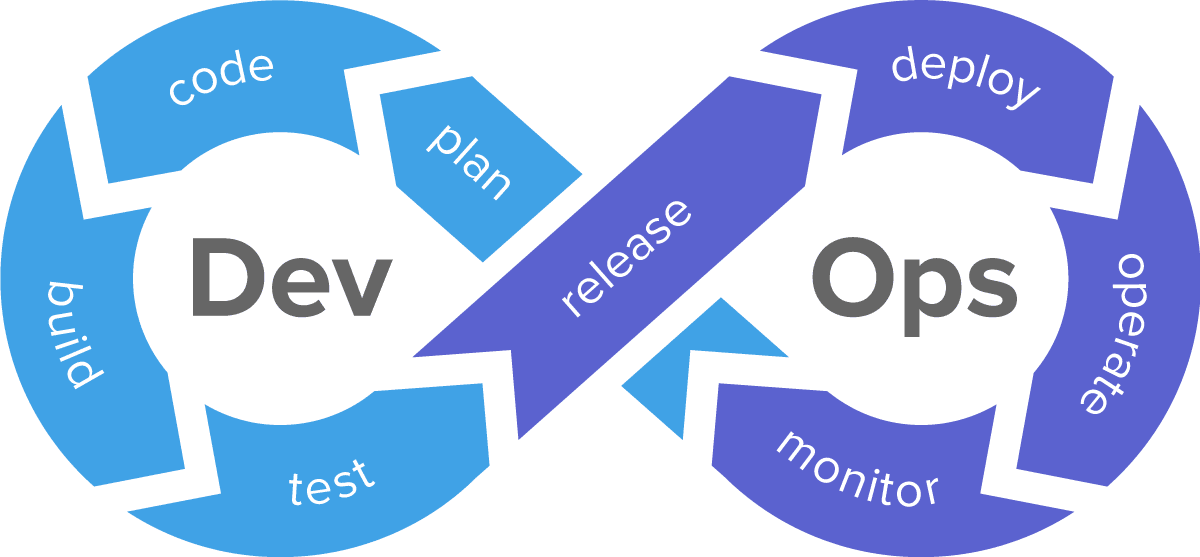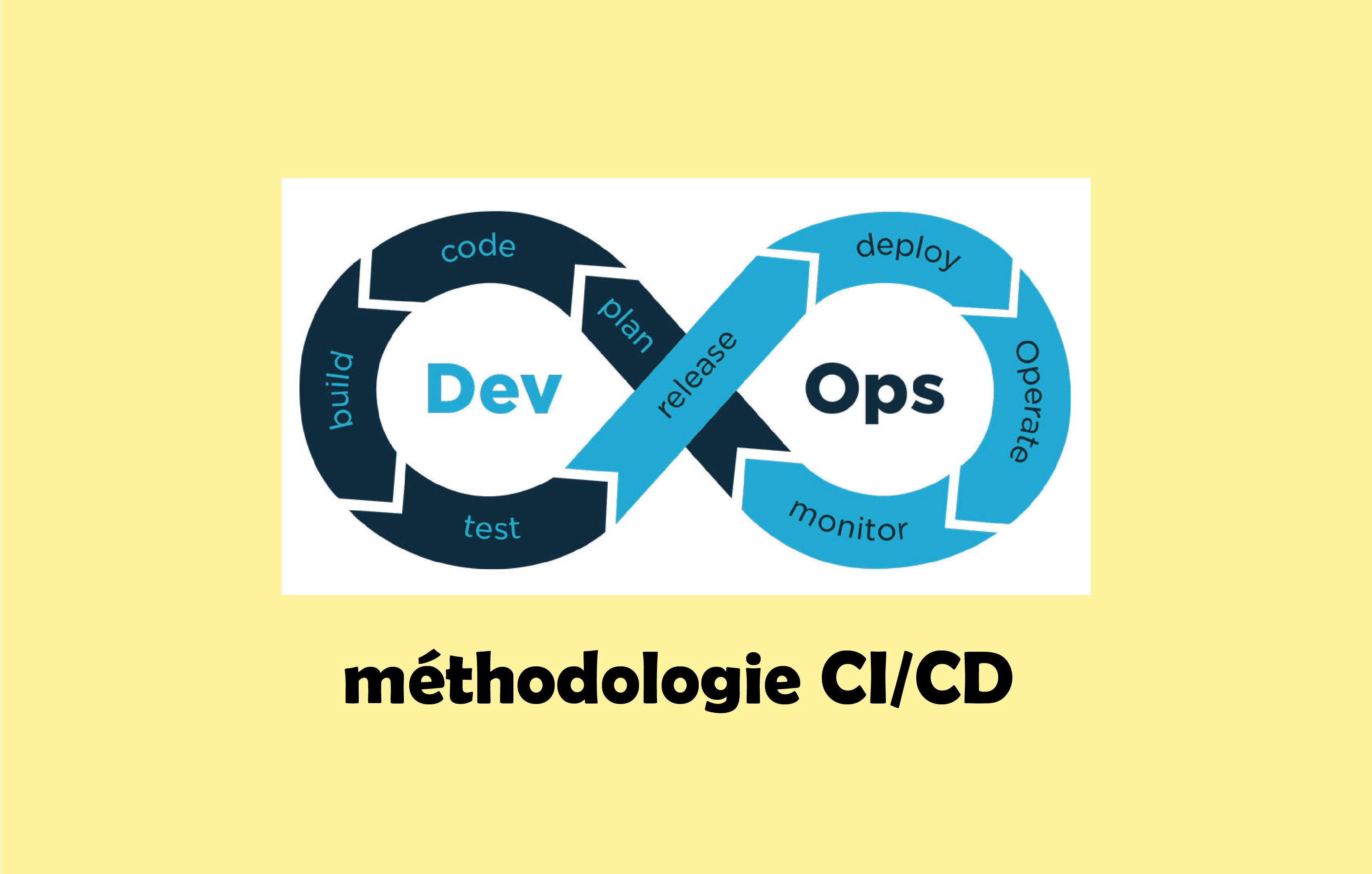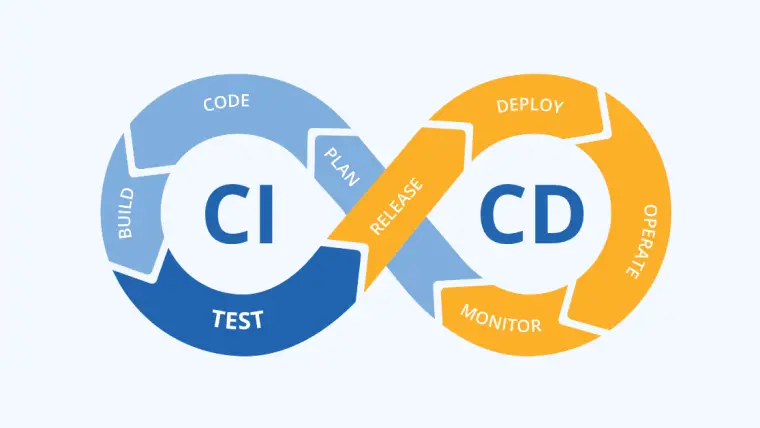DevOps is a software development method that emphasizes collaboration and communication between software developers and IT operations. It aims to shorten the development life cycle and provide continuous delivery of high-quality software.
So DevOps is a response to the challenges faced by traditional software development methods, which often involve long development cycles and siloed teams.

By bringing developers and operations teams together, DevOps promotes a culture of collaboration and accountability which can help organizations reduce the time and resources required to deliver software updates and new features.
Devops and Automation :
One of the key principles of DevOps is automation, by automating tasks such as testing, deployment, and monitoring, organizations can reduce the time and effort required to release software updates.
This not only saves time and money, but it also helps to ensure that software updates are delivered consistently and reliably.
Continuous Integration and Continuous Delivery :
Another key aspect of DevOps is continuous integration and continuous delivery (CI/CD).
This approach involves integrating code changes into the main branch of a codebase as soon as they are made, and then delivering those changes to production environments in a rapid and reliable manner.
This allows organizations to quickly and easily release software updates, while also minimizing the risk of errors or bugs.
DevOps Tools List :
Here is some tools of DevOps :
- Configuration management tools such as Ansible, Puppet, and Chef
- Continuous integration and continuous delivery tools such as Jenkins and Travis CI
- Containerization tools such as Docker and Kubernetes
- Monitoring and logging tools such as Nagios, Prometheus, and ELK stack
- Collaboration and communication tools such as Slack and JIRA
- Testing and deployment tools such as Selenium and Terraform
- Source code management and version control tools such as Git and SVN









Empêcher les utilisateurs sudoers d’exécuter des cmds sudo
nmap : les 12 commandes que vous devez connaître
7zip: 9 Commandes utiles de les plus utilisés
Configurer le bonding réseau avec nmcli sous Linux
Fail2Ban : How to protect Linux services